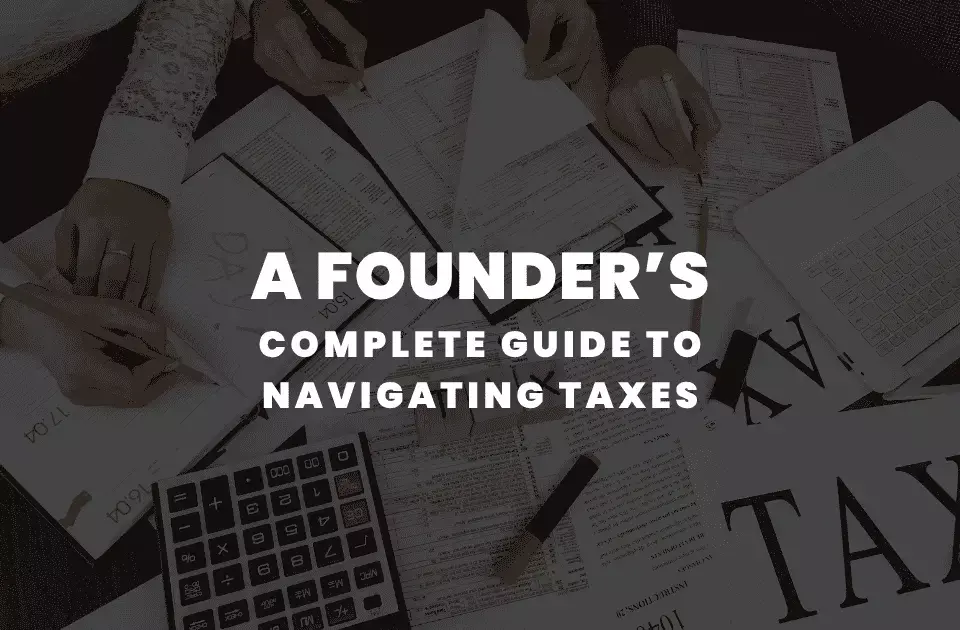Comptroller vs. Controller: What Sets Them Apart?

Beyond The Formula: Exploring The Nuances Of Net Working Capital
April 14, 2023
How Imputed Income Impacts Your Finances: Detailed Guide
April 18, 2023Comptroller vs. Controller: What Sets Them Apart?
In finance and accounting, “comptroller” and “controller” are often used interchangeably. However, there are subtle differences between the two roles that are worth exploring.
This blog post will explore what differentiates comptrollers from controllers and why it matters.
First, let’s define what a comptroller and a controller are. Both are high-level financial positions within an organization, but their responsibilities vary.
What is Comptroller
A comptroller is typically responsible for overseeing all financial activities within an organization, including accounting, budgeting, and financial reporting. They are often seen as the top financial officer within an organization and report directly to the CEO or board of directors. Comptrollers are also responsible for ensuring that an organization’s financial systems and processes comply with applicable laws and regulations.
What is Controller
On the other hand, a controller is typically responsible for managing an organization’s accounting department and ensuring that all financial transactions are accurately recorded and reported. They are also responsible for developing and implementing internal controls to prevent fraud and other financial irregularities.
What Is the Difference Between a Comptroller and A Controller
However, there are some general differences between the two terms that may be helpful to understand:
Scope of Responsibility
The scope of responsibility of a comptroller or controller can also vary depending on the organization. In general, however, a comptroller is responsible for managing financial operations and ensuring compliance with financial regulations. At the same time, a controller may have a broader range of responsibilities, including overseeing accounting, financial reporting, budgeting, and financial planning.
Seniority
The term “comptroller” is often associated with more senior or executive-level positions, while “controller” can be used to refer to both senior and junior financial roles.
What Does a Comptroller Do?
A comptroller is a financial professional responsible for overseeing the financial operations of an organization. The role of a comptroller is to ensure that the organization’s financial transactions are accurate, timely, and in compliance with applicable laws and regulations.
The specific duties of a comptroller may vary depending on the size and type of organization they work for but typically include the following:
Financial Reporting
Comptrollers are responsible for preparing and presenting financial reports to management and external stakeholders, including shareholders, regulators, and creditors. These reports may include income statements, balance sheets, cash flow statements, and other financial statements that provide insight into the organization’s financial health.
Budgeting and Forecasting
Comptrollers work closely with management to develop annual budgets and forecasts for the organization. They monitor actual results against these plans and provide insights and recommendations to improve financial performance.
Accounting and Record-Keeping
Comptrollers oversee the organization’s accounting and record-keeping functions, ensuring that financial transactions are accurately recorded and maintained. They may supervise accounting staff, establish accounting policies and procedures, and ensure compliance with Generally Accepted Accounting Principles (GAAP).
Internal Controls
Comptrollers establish and maintain internal controls over financial reporting to ensure that financial transactions are conducted securely and transparently. They may develop policies and procedures to prevent fraud and other financial irregularities and conduct audits to ensure compliance with these policies.
Tax Compliance
Comptrollers ensure the organization complies with all applicable tax laws and regulations. They may work with external tax advisors to ensure that tax returns are filed accurately and on time, and they may also guide management on tax planning strategies.
Risk Management
Comptrollers are responsible for identifying and mitigating financial risks that could impact the organization’s financial performance. They may develop risk management policies and procedures and monitor the organization’s financial position and performance to identify potential risks.
A comptroller’s role is critical to an organization’s financial health and success. They provide valuable financial insight and guidance to management, ensure compliance with financial regulations, and help to identify and mitigate financial risks.
What does a controller do?
In accounting and finance, a controller is a senior executive responsible for managing the financial accounting function of an organization. Their primary role is to ensure the accuracy and integrity of the organization’s financial statements and reports.
Some specific responsibilities of a controller may include:
Supervise Accounting Team
To supervise the accounting team and ensure that all financial transactions are properly recorded and classified.
Oversee financial statements
To oversee the preparation of financial statements and reports, such as balance sheets, income statements, and cash flow statements.
Internal Audits
To develop and implement internal controls to ensure compliance with financial reporting requirements and prevent fraud.
External Audits
To coordinate with external auditors to ensure the timely completion of audits and address any findings or issues.
Analyze Financial Data
To analyze financial data to identify trends and make recommendations for improving the organization’s financial performance.
Strategic Planning
Participating in strategic planning and decision-making processes, particularly financial matters.
In a Nutshell…
In conclusion, comptrollers and controllers are both financial professionals who play crucial roles in ensuring the financial stability and success of organizations. The comptroller typically oversees a company’s financial operations and helps to develop financial strategies and policies, while the controller focuses more on the day-to-day accounting and financial reporting tasks.
Comptrollers and controllers are responsible for managing budgets, overseeing financial statements, ensuring compliance with financial regulations, and providing strategic guidance to senior management. Their responsibilities often include managing staff and collaborating with other departments to ensure the financial health of the organization.
Also Read: CFO vs. Controller: What’s the Difference?
Farwah Jafri
Farwah Jafri is a financial management expert and Product Owner at Monily, where she leads financial services for small and medium businesses. With over a decade of experience, including a directorial role at Arthur Lawrence UK Ltd., she specializes in bookkeeping, payroll, and financial analytics. Farwah holds an MBA from Alliance Manchester Business School and a BS in Computer Software Engineering. Based in Houston, Texas, she is dedicated to helping businesses better their financial operations.






